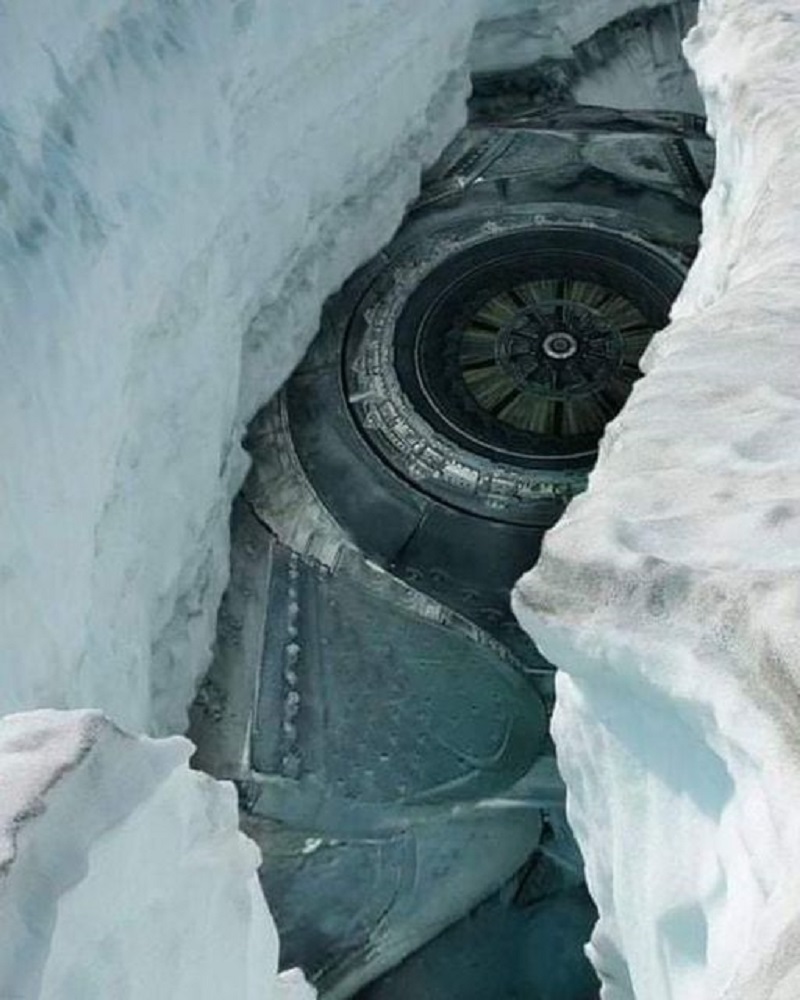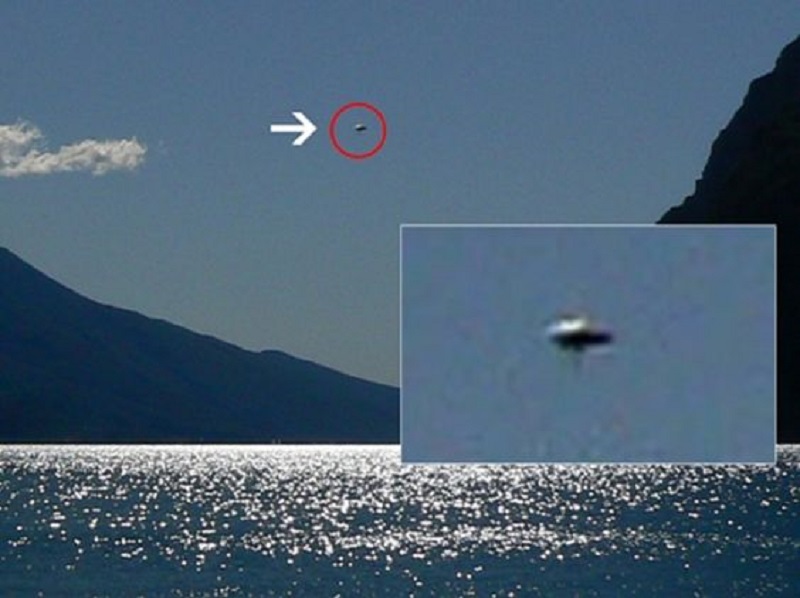
To understand the scientific investigation of UFOs, we must first delve into the history. Reports of unusual aerial phenomena date back centuries, with the term “flying saucer” coined in the 1940s. Since then, governments, scientific organizations, and dedicated individuals have sought to uncover the truth behind these enigmatic sightings.
2. Government Investigations

Many governments have launched official investigations into UFO sightings. Notable among these is the U.S. government’s Project Blue Book, which examined thousands of cases from 1952 to 1969. While most cases were explained as natural phenomena or conventional aircraft, a small percentage remained unexplained, fueling the ongoing interest in UFO research.
3. Scientific Organizations

Scientific organizations such as the Mutual UFO Network (MUFON) and the Center for the Study of Extraterrestrial Intelligence (CSETI) have collected and analyzed UFO reports. They use scientific methodologies to investigate sightings, often employing experts in various fields, including astronomy, meteorology, and physics.
4. The Search for Extraterrestrial Intelligence (SETI)

The scientific search for extraterrestrial life is closely linked to UFO investigations. Projects like SETI use radio telescopes to listen for signals from advanced civilizations. While SETI primarily focuses on communication, it has inadvertently contributed to the understanding of UFO phenomena by ruling out artificial extraterrestrial signals.
5. The Role of Skepticism

Scientific inquiry demands skepticism. Many reported UFO sightings can be explained by known natural or human-made phenomena. Scientists work to separate credible reports from hoaxes and misidentifications, a crucial step in understanding the unexplained cases.
Conclusion

The scientific investigation of UFOs is an ongoing and multidisciplinary endeavor. While most sightings can be attributed to conventional causes, a small percentage remains unexplained. These unexplained cases serve as a reminder of the mysteries of our universe. The scientific community remains committed to unraveling these mysteries and seeking natural explanations for UFO phenomena.
As the search for answers continues, it is essential to approach the topic of UFOs with an open but critical mind. UFOs, as the name suggests, are unidentified, and not all unidentified objects are extraterrestrial in origin. Science, with its rigorous methods and evidence-based approach, provides the best tools for understanding these phenomena.
In summary, the study of UFOs showcases the human quest for knowledge and our unending curiosity about the unknown. While the truth about UFOs is still elusive, scientific investigations persist, pushing the boundaries of our understanding of the cosmos and the potential for life beyond Earth. The scientific method, fueled by curiosity and evidence, will continue to guide our exploration of this intriguing phenomenon.


